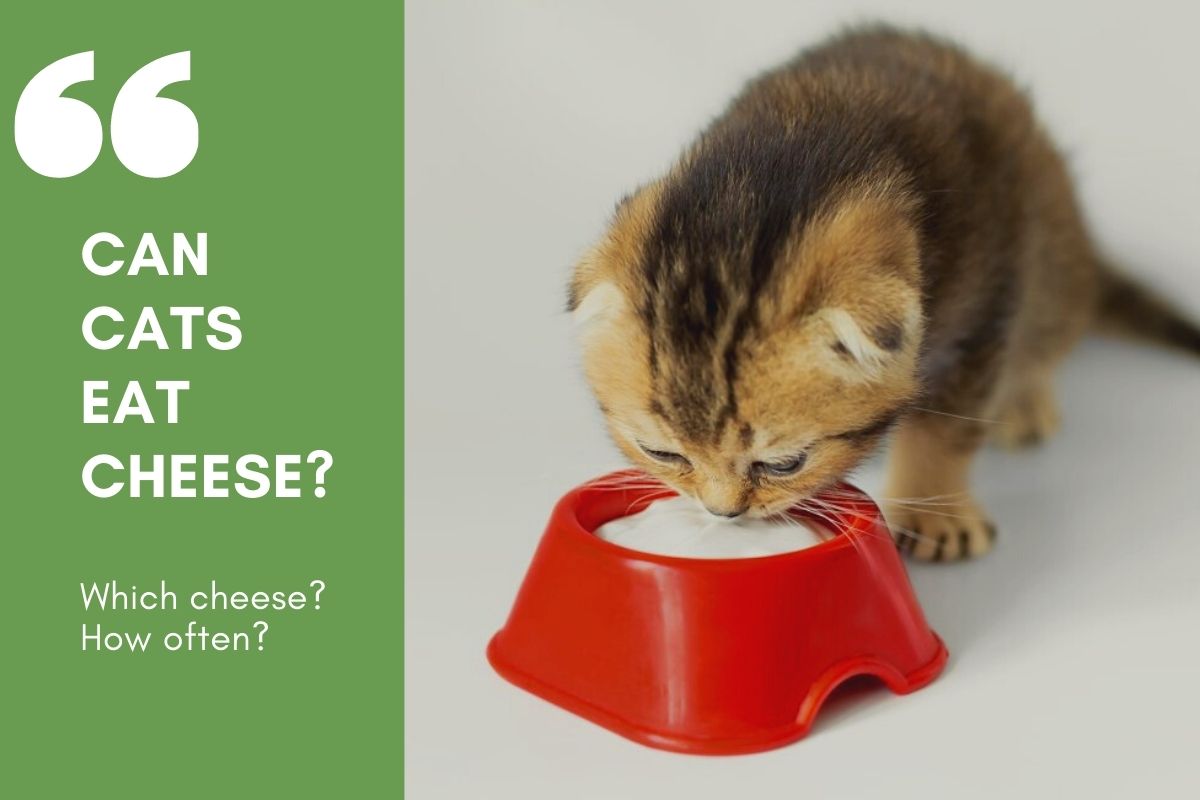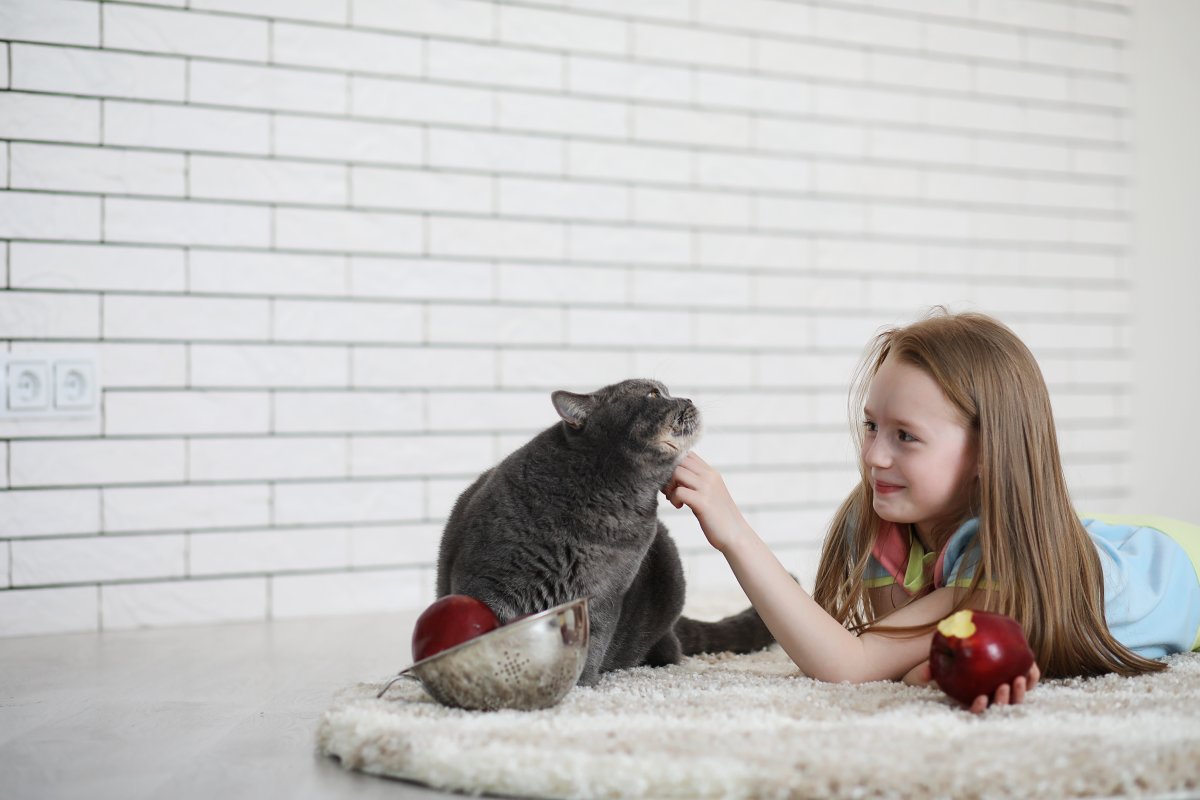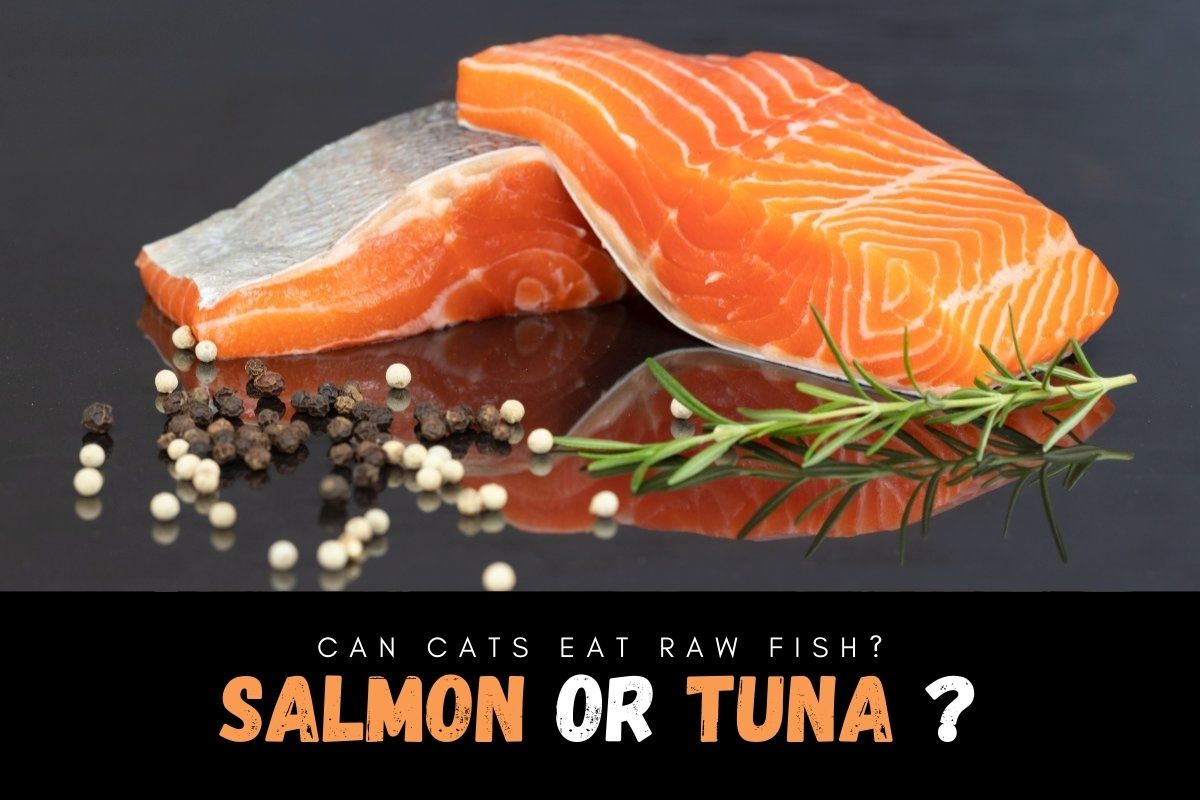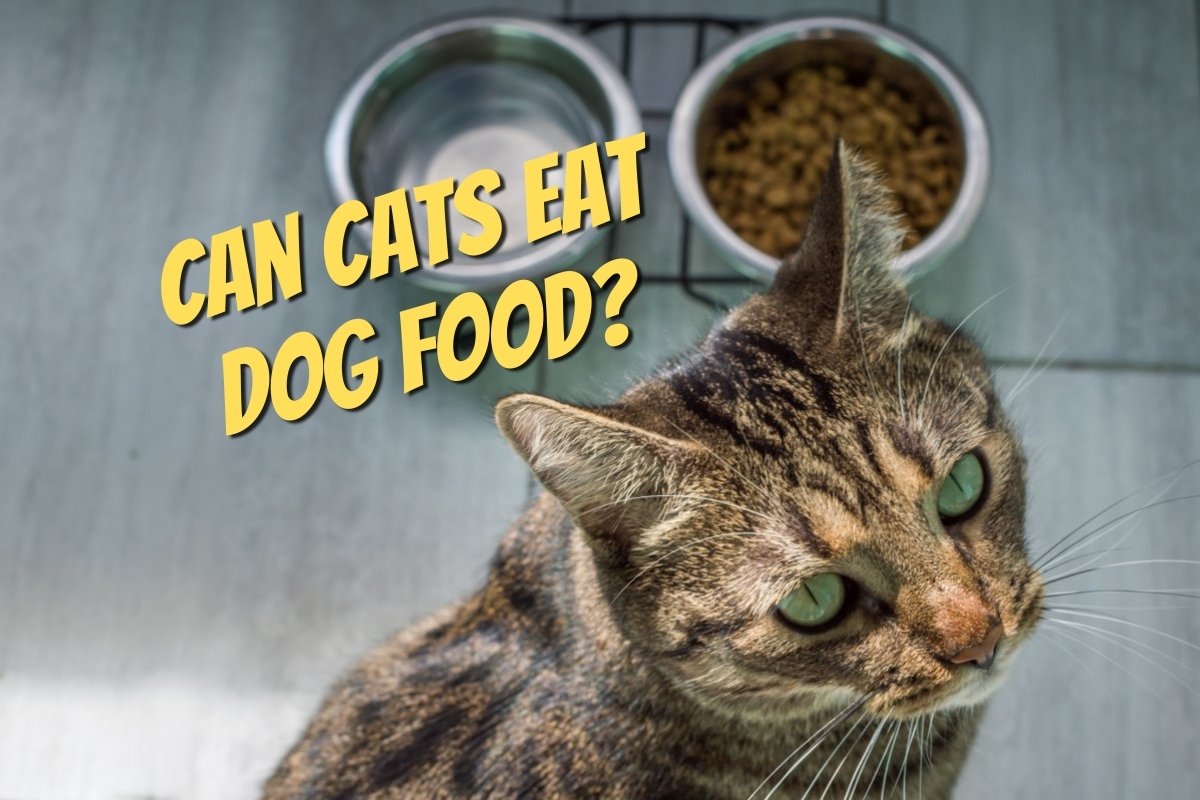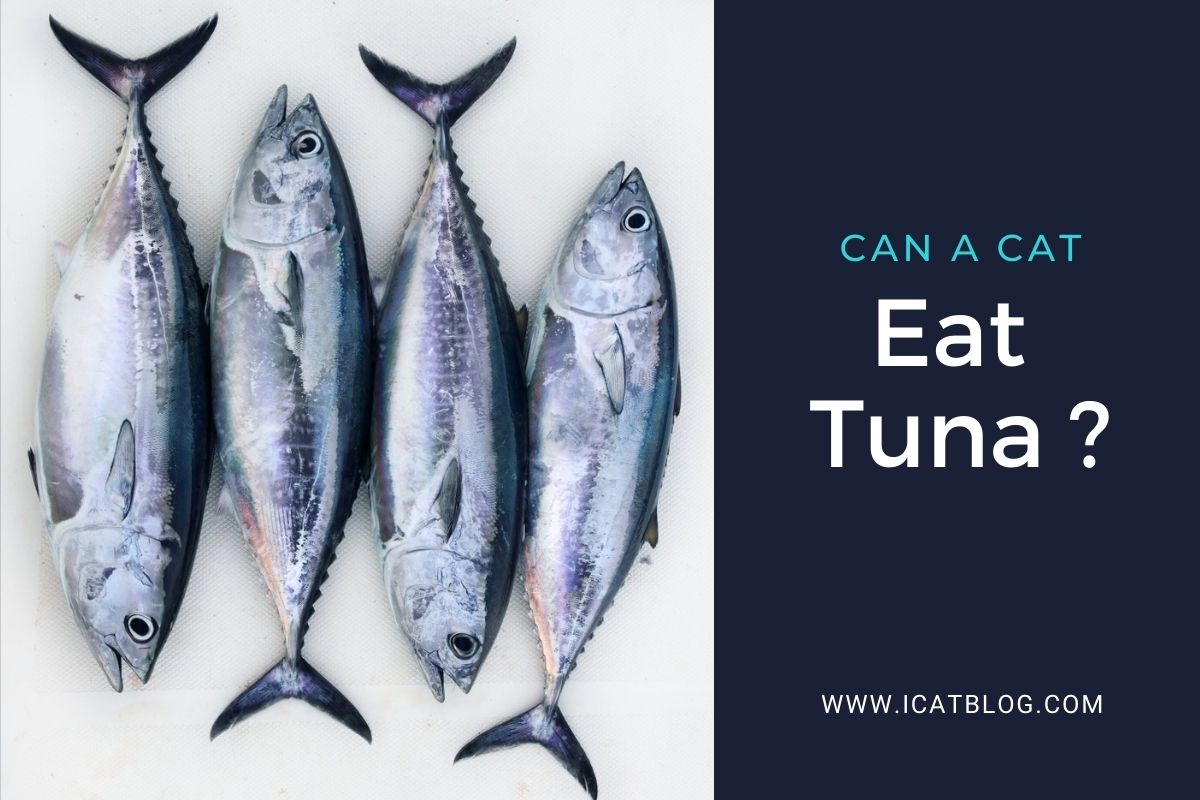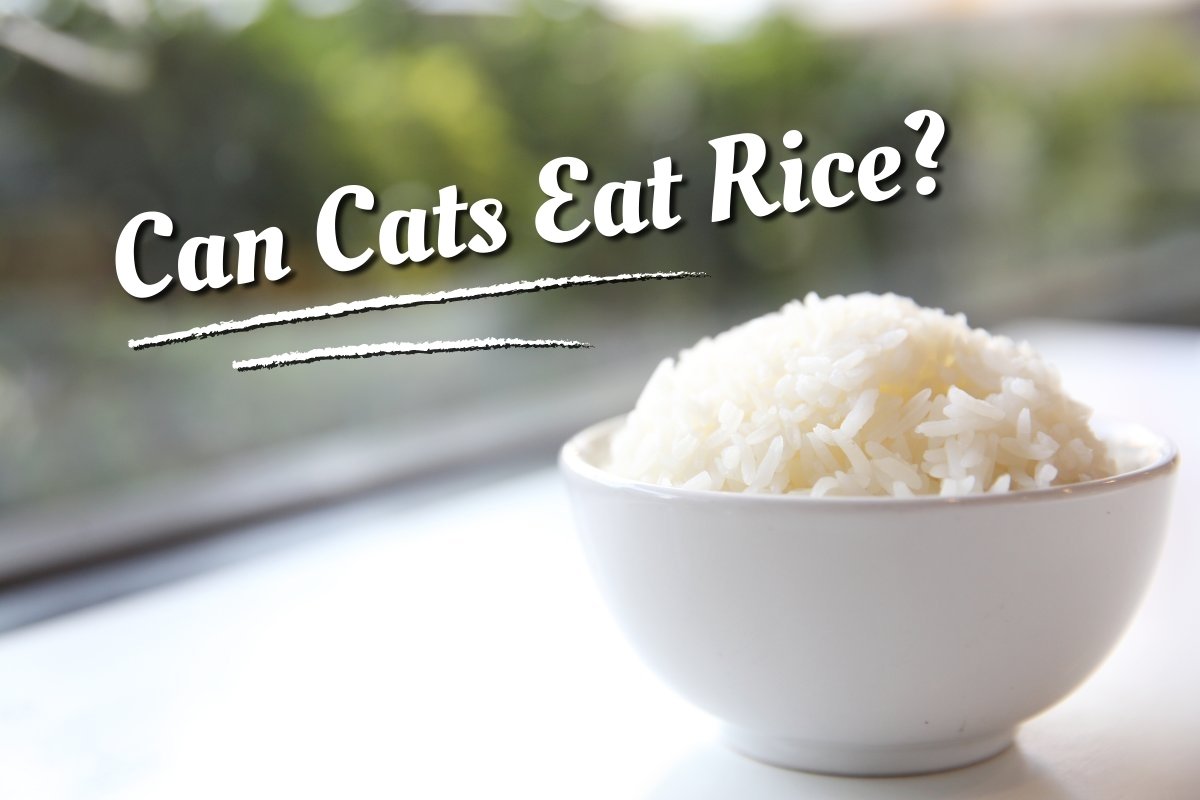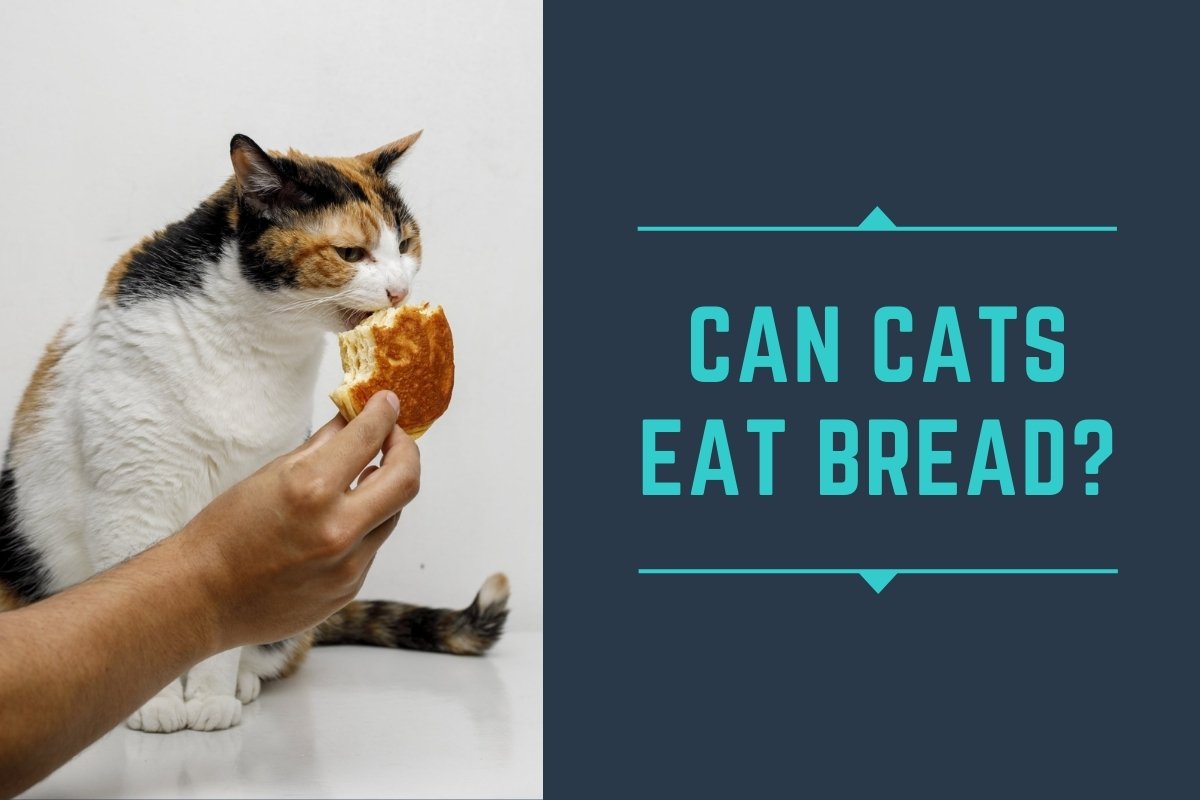Have you ever noticed sometimes your cat starts to like eating dairy products such as cheese? Although cats are obligate carnivores, they also develop a habit of eating dairy products than usual. After observing their unfamiliar activities, you might be thinking about whether cheese is bad or how often you should give your cat cheese to eat.
If this question is bothering you, you’ve come to the right place; keep reading! In this blog, we will tell you all things which you should know as a cat owner if cheese is bad for your cat’s health or not.
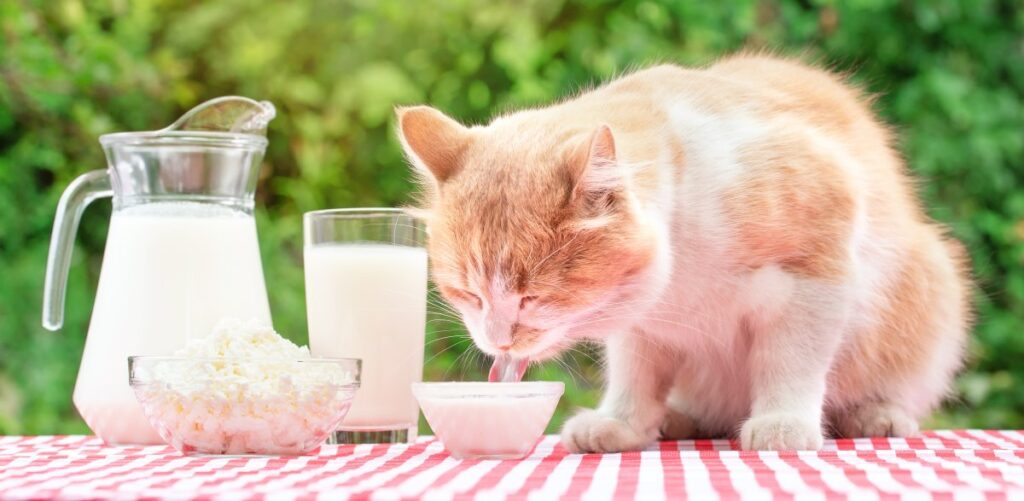
Can Cats Eat Cheese?
First things first! When we hear about cheese, the animal which pops up in our mind is mice, right? According to experts, cats can also eat cheese but in moderate amounts. Since cats are lactose intolerant and are not designed to eat dairy products no matter how much they seem to enjoy having it. Cats don’t have digestive enzymes, and giving them cheese in large amounts will not break it into something nutritional.
If your cat has adopted cheese as a part of its usual daily diet, then you can give your cat a piece of cheese about a dice size as it won’t hurt your pet’s stomach.
Though cheese is not toxic to your cat and is generally considered a safe food; however, there are some potential problems that a pet owner should not neglect. For instance, while giving your cat a piece of cheese, make sure what type of cheese will be good for your kitty’s tummy. Are you giving her the right cheese? Or if your cat is already suffering from some digestive problem, then it’s better to keep cheese out of its diet!
Following the above information, we have covered some types of cheese which you can give your cat. Moreover, by reading the symptoms given below, you can also guesstimate what causes your cat dairy allergy.

Which Cheese Is Good For Your Cat?
There are many types of cheese, and it might confuse you about which type is right for your cat and which is not. Don’t worry! We have gathered below all kinds of cheese which will help you to make the right choice!
● Blue Cheese
You should avoid giving blue cheese as it contains mold Penicillium. It is toxic to your cat and can cause digestive problems. Blue cheese is low in lactose, but it is still high in fat.
● Cheddar Cheese
Cheddar cheese is semi-hard and is very popular. It is acceptable for your cat under one condition, and that is to give a small portion to your cat. It doesn’t matter if this type of cheese doesn’t contain much lactose but, still, it can cause digestive problems to your furry ball.
● Goat Cheese
Goat cheese is considered the safest type for your cat because it contains less salt and the least lactose.
● Swiss
Swiss cheese is often eaten in sandwiches and is a favorite among people. It is high in protein and less in sodium and fat. Furthermore, it is easier for your cat to digest swiss cheese as it contains a low amount of lactose.
● Brie
Brie is popular soft cheese but can cause serious illnesses to your cats such as vomiting, diarrhea as it is made with raw milk, which contains pathogens, Listeria and Salmonella. Prevent your cat with this type of cheese!
● Parmesan Cheese
Parmesan cheese is good enough for your cat as it contains less amount of lactose than soft cheese. Your cat can easily digest parmesan cheese, but you should give cheese only in moderate quantities.
● Non-Dairy Cheese
Non-dairy cheese is not suitable for your little kitten as it is high in fat and salt. No matter if your cat is lactose-intolerant, but it is a big no for cats.
● Mozzarella Cheese
Soft cheeses like mozzarella, raw or cooked, are high in lactose and harmful to cats. Cottage cheese and cream cheese carry similar risks, which you should avoid giving your cat.
Happy tummy keeps your cat happy!
When Should You Not Give Your Cat Cheese?
According to Cornell University College of Veterinary Medicine, the majority of cats are lactose intolerant. Though cats can digest dairy; however, eating too much cheese can cause gastrointestinal problems such as vomiting, constipation, diarrhea, and inflammation.
It is a long-enduring myth that cats love to eat fish, red meat, milk, or cream other than anything, but remember, cats also have many food allergies. Similarly, if your cat has a dairy allergy, eating cheese could affect its digestive system causing severe illness.
Let’s look at the reasons below indicating why cheese is bad for your cat, and being a pet parent; you should not give your cats!
● Lactose Intolerance
Felines do not contain an enzyme called lactase; that enzyme is essential for breaking down the sugar. Many cats are lactose-intolerant and cannot digest dairy products such as cheese. On the other hand, some cats can tolerate dairy and can digest them easily. If you want to know whether your cat is lactose-intolerant or not, they will start showing symptoms of diarrhea within 8 to 12 hours after consuming dairy products.
● High Sodium Content
If your cat is suffering from heart or kidney disease, it is necessary to check the quantity of their salt intake. Because usually, cheese contains high sodium content at the high amount which can put your cat’s health at risk.
● Dairy Allergies
While stomach discomfort caused by lactose intolerance is never pleasant, it is less likely to have serious effects than a dairy allergy, which inhibits a cat’s ability to digest proteins present in cheese, milk, and other dairy products.
Dairy allergy in cats is a rare occurrence, affecting about 0.05 percent of the feline population. Even a small amount of cheese can induce allergic responses, leading to skin problems and digestive issues. An anaphylactic reaction, which has the potential to be life-threatening, can occur in rare situations. Always keep an eye on your pet after being given new food and look for signs of an allergic response.
● Harmful Additive Ingredients
While giving the right cheese to your cat, make sure to remove all the harmful ingredients paired with cheese, such as onion, garlic, and chives. These are highly toxic and can lead to anemia by breaking down red blood cells in your cat’s digestive system.
Wrapping Up
Your cat is a reason for your happiness!
Though cats are not our whole life, they make our lives whole. We hope that reading the above article has clarified all the questions arising in your head regarding whether cats can eat cheese or not.

